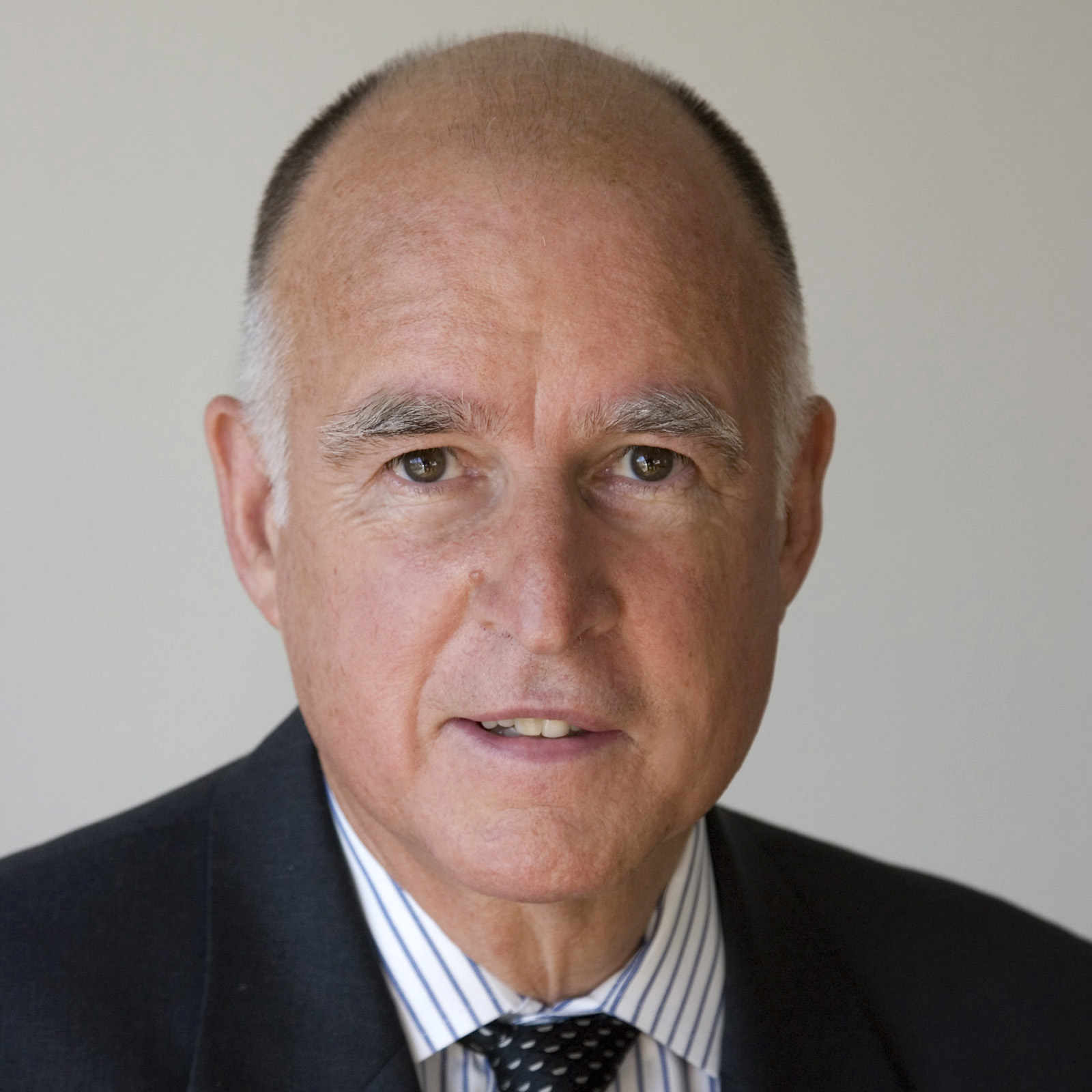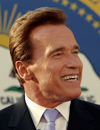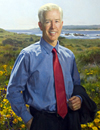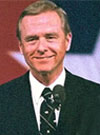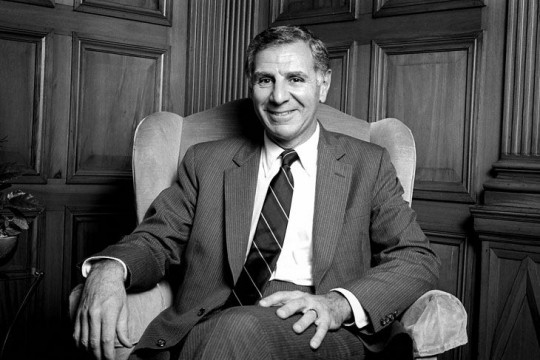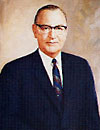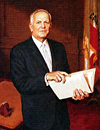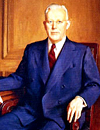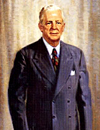California
Gov. Ronald Wilson Reagan
- January 2, 1967 - January 6, 1975
- Democrat, Republican
- February 6, 1911
- June 5, 2004
- Illinois
- Eureka College
- Married twice--Jane Wyman (two children); Nancy Davis (four children)
- President
- Air Force
- Presidential Medal of Freedom
About
RONALD WILSON REAGAN was born February 6, 1911, in Tampico, Illinois. Most of his childhood was spent in Dixon, Illinois, a small town about 100 miles west of Chicago. Reagan won a scholarship to study at Eureka College, a small Disciples of Christ college near Peoria, Illinois. He majored in economics, and he was president of the student body, a member of the football team, and captain of the swimming team. He was also drawn toward acting, but upon graduation in 1932 the only job available related to show business was as a local radio sportscaster. In 1933 he became a sportscaster for station WHO in Des Moines, Iowa.
In 1937 Reagan went to Hollywood and began an acting career that spanned more than 25 years. He played in more than 50 films, including Knute Rockne-All American (1940), King’s Row (1942), and Bedtime for Bonzo (1951). He soon became active in the Screen Actors Guild (the union for film actors) and was elected six times as its president. Reagan’s first political activities were associated with his responsibilities as a union leader.
As union president, Reagan tried to remove suspected Communists from the movie industry. When the U.S. House Committee on Un-American Activities began an investigation in 1947 on the influence of Communists in the film industry, Reagan took a strong anti-Communist stand testifying before the committee. In 1954 Reagan agreed to work with the General Electric Company to host a 30-minute television series and to make promotional tours speaking to General Electric employees around the country. Reagan spoke to large audiences, promoting the free-enterprise system – an economic system in which individuals and private businesses produce and distribute goods without government regulation.
Despite his tendency to vote for Republican candidates for president, Reagan was a registered Democrat until 1962. Reagan emerged on the national political scene in 1964 when he made an impassioned television speech supporting the Republican presidential candidate, U.S. Senator Barry Goldwater from Arizona. Although Goldwater lost the election, Reagan’s speech brought in money and praise from Republicans around the country. He ran for governor of California in 1966, appealing to traditional Republican voters as well as to working-class Democrats. He defeated Edmund G. (Pat) Brown, Sr., the incumbent Democrat, by almost a million votes.
During his first term Reagan temporarily stopped government hiring to slow the growth of the state workforce, but he also approved tax increases to balance the state budget. He cut funding for the University of California, a center of the student protest movement of the late 1960s, but after protests died down he increased funding for higher education. Reagan was elected to a second term in 1970. Governor Reagan worked with the Democratic majority in the state legislature to enact a major reform of the welfare system in 1971. The reform reduced the number of people receiving state aid while increasing the benefits for those who remained eligible. By 1973 budget surpluses enabled Reagan to begin tax rebates that returned almost $6 billion to taxpayers. During his tenure as governor, Reagan chaired the Republican Governors Association from 1968 to 1969.
Reagan ran for President in 1980, successfully beating the incumbent, President Jimmy Carter. Reagan blamed Carter for the recession that had begun in 1980 and for increasing inflation. He also accused Carter of weakness in foreign policy and called for a stronger military. His claim that Carter had a weak foreign policy seemed to be substantiated by a lengthy hostage crisis in Tehrân, Iran. In November 1979 after Carter had allowed the deposed shah of Iran to enter the U.S. for medical treatment, a group of Iranian revolutionaries stormed the U.S. embassy in Tehrân and held 53 Americans as hostages. United States media publicized the plight of the hostages and Carter’s failure to release them. They were eventually released in January 1981, on the day of Reagan’s inauguration. Reelected in 1984, Reagan presided over the most far-reaching changes in U.S. government economic and social policy in half a century. His administration succeeded in eliminating or reducing many social programs and in lifting many restrictions on business activities.
After retiring to California, Reagan supported conservatives on many issues. He published his autobiography, An American Life, in 1990, and he presided at the opening of the Ronald Reagan Presidential Library in Simi Valley, California, in 1991. In 1993 he was awarded the Presidential Medal of Freedom. In November 1994 Reagan announced that he had Alzheimer’s disease.
Source
Official Records: California State Archives
Personal Papers: Ronald Reagan Presidential Library
Image source: California State Library: Governors' Gallery
Governors of the American States, Commonwealths and Territories, National Governors Conference, 1987.


